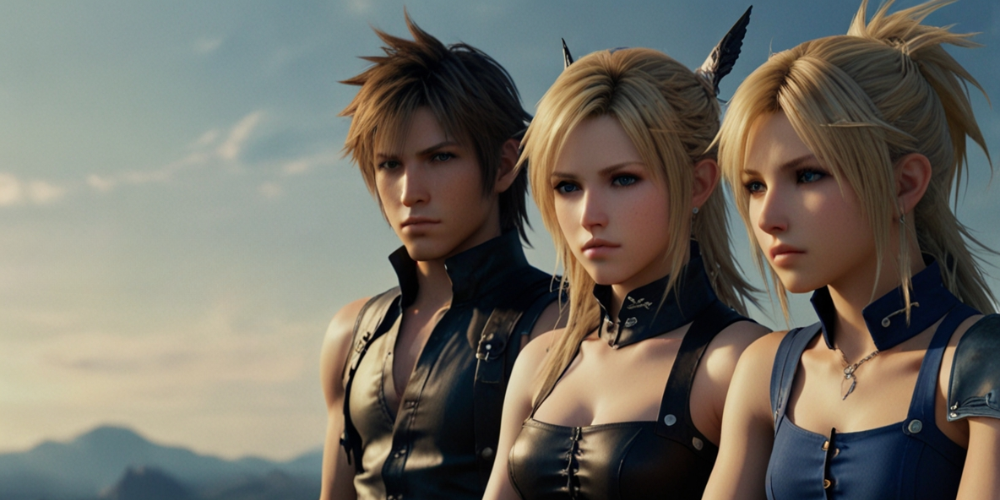The Art of Villainy: Tetsuya Nomura on Character Design and Player Connection in Final Fantasy
- Sep 24, 2024
- 1702

Tetsuya Nomura, a renowned developer at Square Enix, has a reputation for crafting eccentric villains, ranging from Sephiroth to Genesis, typically dressed in leather trenchcoats adorned with an abundance of belts.
In a recent conversation with Young Jump, translated by Automaton, Nomura, who has recently taken on the role of creative director for Final Fantasy 7 Rebirth and has contributed to various projects at Square Enix, shared an influential memory from high school. He recalled how a classmate expressed dissatisfaction over playing as a character deemed unattractive, which significantly impacted his approach to character creation moving forward.
He reminisced, noting that this friend questioned why they had to embody an unappealing character in a virtual world. This encounter left a lasting impression on Nomura, motivating him to design characters in titles like Final Fantasy 7, Final Fantasy 10, and Kingdom Hearts with a flair for uniqueness and visual appeal. However, he recognizes the importance of keeping player characters relatable, cautioning against making them too distinctive.
By striving for unconventional character designs, one risks creating figures that are overly unique and difficult for players to connect with. Thus, Nomura reserves his bold ideas for antagonists, like Sephiroth, as players are meant to view them unfavorably.
The Final Fantasy series is celebrated for its larger-than-life characters, with even those that are more subdued by Nomura’s benchmarks still managing to stand out. Take Cloud, the protagonist of Final Fantasy 7, with his prominent spiky blonde hair and a sword towering at six feet in length.
Final Fantasy 7 Rebirth represents the latest chapter in this enduring franchise, while the PC version of Final Fantasy 16 was just released earlier this week. However, both titles have prompted a strategic overhaul at Square Enix, as they didn't meet expectations and have led to a pivot towards multiplatform releases rather than concentrating solely on PlayStation.